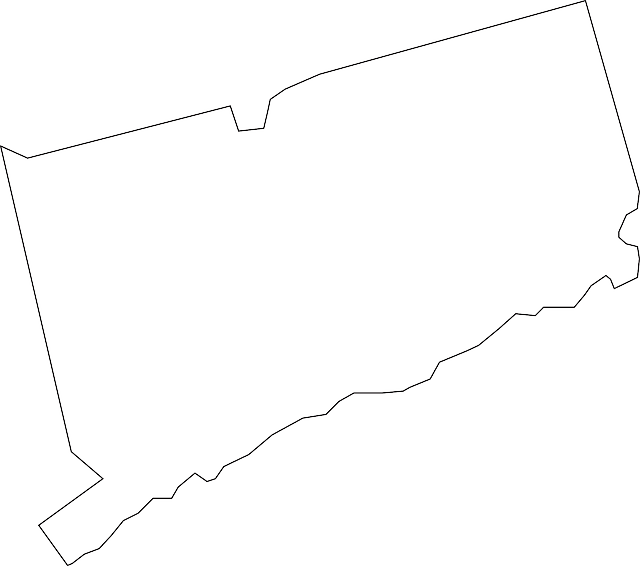Share This Article:

Conn. Top Court Affirms ALJ Discretion to Award Temporary Benefits upon MMI
04 Apr, 2025 Frank Ferreri

Case File
The Connecticut Supreme Court stepped in to say that an administrative law judge has discretion to award a claimant, after she reaches maximum medical improvement, ongoing temporary incapacity benefits in lieu of permanent partial disability because there could be a "great disproportion between the amount of specific compensation provided and the actual effect of the injury. Simply Research subscribers have access to the full text of the decision.
Case
Gardner v. Department of Mental Health and Addiction Services, No. SC 20994 (Conn. 03/18/25).
What Happened
A worker for a state agency injured her wrist in a compensable work-related injury. The injury occurred as the result of the worker's having to restrain a patient.
Following the incident, the worker was treated for her injury and paid indemnity benefits. She underwent surgery but her pain persisted.
After two surgeons opined that the worker had reached maximum medical improvement, the agency filed a Form 36 notice of intention to reduce or discontinue payments, which sought to convert the worker's indemnity payments from temporary partial incapacity benefits to permanent partial incapacity benefits.
An administrative law judge issued a written decision that found that the worker had attained MMI and approved the Form 36. The ALJ rejected the claim that he had discretion to award the worker ongoing temporary partial incapacity benefits in lieu of PPD benefits after she reached MMI.
The worked appealed to the Compensation Review Board, which affirmed the ALJ's decision. The appellate court affirmed the board's ruling, and the worker appealed to the Connecticut Supreme Court to address the "limited question" of whether an ALJ has the discretion to award ongoing temporary partial incapacity benefits in Connecticut after a claimant reaches MMI and thereby becomes eligible to receive PPD benefits.
Rule of Law
Temporary partial incapacity benefits are available to Connecticut claimants if the injury results in some incapacity leaving the claimant able to perform some employment but unable fully to perform her customary work, in which case the claimant is entitled to benefits.
On the other hand, PPD benefits compensate an injured employee for the "lifetime handicap" that results from the permanent loss of, or loss of use of, a scheduled body part. A claimant's entitlement to permanency benefits vests when the claimant has reached MMI.
Connecticut law additionally provides that if an injury consists of the loss of a substantial part of a member resulting in a permanent partial loss of the use of member, or if the injury results in a permanent partial loss of function, the administrative law judge may, in the administrative law judge's discretion, in lieu of other compensation, award to the injured employee the proportion of the sum provided for the total loss of, or loss of the use of, the member or for incapacity, or both that represents the proportion of total loss or loss of use found to exist.
How the Connecticut Supreme Court Ruled
The Connecticut Supreme Court found the appellate court's reasoning faulty and explained that the law gives an ALJ discretion to determine ongoing temporary incapacity benefits.
"The administrative law judge has the discretion to award other benefits under the act, such as total or partial incapacity benefits, after the claimant reaches maximum medical improvement, in lieu of permanent partial disability benefits," the court wrote.
The court reversed the appellate court's ruling and remanded the case with direction to reverse the board's decision and remand it to the board for the board to reverse the ALJ's decision and remand to the ALJ for further proceedings.
Takeaway
In Connecticut, an ALJ has the discretion to award a claimant, after she reaches MMI, ongoing temporary partial incapacity benefits in lieu of PPD benefits up to a statutory maximum of 520 weeks.
california case management case management focus claims compensability compliance courts covid do you know the rule emotions exclusive remedy florida FMLA glossary check health care Healthcare hr homeroom insurance insurers iowa kentucky leadership medical NCCI new jersey new york ohio osha pennsylvania roadmap Safety state info technology texas violence WDYT west virginia what do you think women's history women's history month workcompcollege workers' comp 101 workers' recovery Workplace Safety Workplace Violence
Read Also
- Apr 03, 2025
- Frank Ferreri
- Apr 02, 2025
- Liz Carey
About The Author
About The Author
-
Frank Ferreri
Frank Ferreri, M.A., J.D. covers workers' compensation legal issues. He has published books, articles, and other material on multiple areas of employment, insurance, and disability law. Frank received his master's degree from the University of South Florida and juris doctor from the University of Florida Levin College of Law. Frank encourages everyone to consider helping out the Kind Souls Foundation and Kids' Chance of America.
More by This Author
Read More
- Apr 03, 2025
- Frank Ferreri
- Apr 02, 2025
- Liz Carey
- Apr 02, 2025
- Claire Muselman
- Apr 02, 2025
- Claire Muselman
- Apr 01, 2025
- Frank Ferreri
- Apr 01, 2025
- Chriss Swaney




